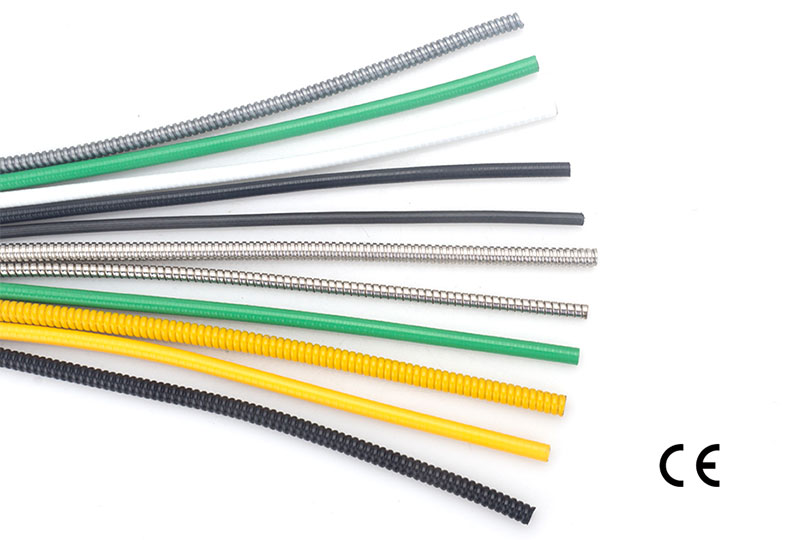Exploring the Versatility and Benefits of Electrical Flexible Conduit
In the realm of electrical installations, electrical flexible conduit emerges as a versatile solution that provides both protection and flexibility to wiring systems. This innovative conduit offers a range of advantages that cater to various applications and industries. In this comprehensive guide, we'll delve into the features, applications, and benefits of electrical flexible conduit, shedding light on its significance in modern wiring systems.

Flexible Electrical Conduit is a specialized type of conduit designed to protect and route electrical wires in diverse environments. Unlike rigid conduits, which are inflexible and suited for straight paths, flexible conduits are pliable and can easily navigate through bends, corners, and areas with limited space.
Key Advantages
1. Flexibility and Maneuverability
The primary advantage of electrical flexible conduit is its remarkable flexibility. It can be easily bent and shaped to accommodate various installation requirements, making it ideal for locations where rigid conduits are impractical.
2. Protection from Environmental Factors
Electrical flexible conduit provides a protective barrier to electrical wiring, shielding it from environmental factors such as moisture, dust, chemicals, and physical damage. This protection enhances the longevity and reliability of electrical systems.
3. Vibration and Impact Resistance
Flexible conduits are known for their ability to absorb vibrations and impacts, making them suitable for installations in areas with machinery, heavy equipment, or high foot traffic. This feature prevents damage to the wiring and ensures consistent electrical performance.
4. Ease of Installation
Installing electrical flexible conduit is relatively straightforward. Its flexibility allows for easy threading through tight spaces, while connectors and fittings ensure secure connections to junction boxes and devices.
5. Compatibility with Various Wiring Types
Electrical conduit is compatible with a range of wiring types, including standard electrical wires, fiber optics, and communication cables. This versatility makes it a preferred choice for a wide spectrum of applications.
6. Variety of Materials
Flexible conduits are available in various materials, each catering to specific environmental conditions. From galvanized steel for rugged environments to PVC for indoor installations, you can choose the material that best suits your needs.
Installation and Maintenance
Proper installation of electrical flexible conduit is crucial to ensure its effectiveness. Secure connections at junction boxes, outlets, and devices prevent moisture and contaminants from infiltrating the wiring. Regular inspections and maintenance help identify potential issues and ensure the conduit continues to provide optimal protection.
163
0
0


Comments
All Comments (0)